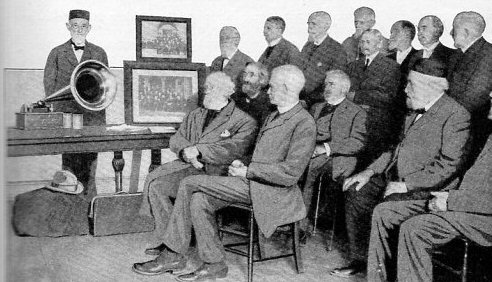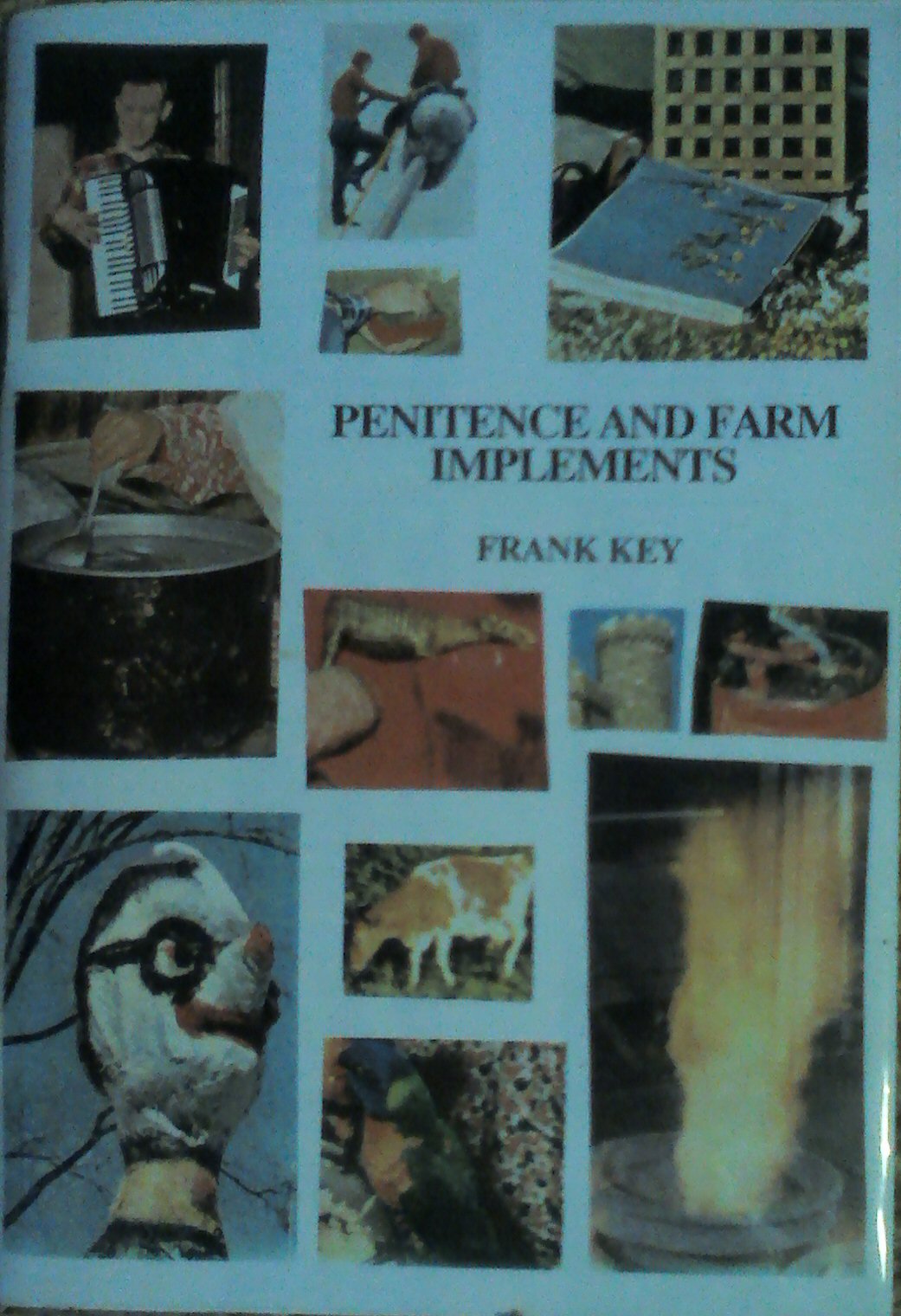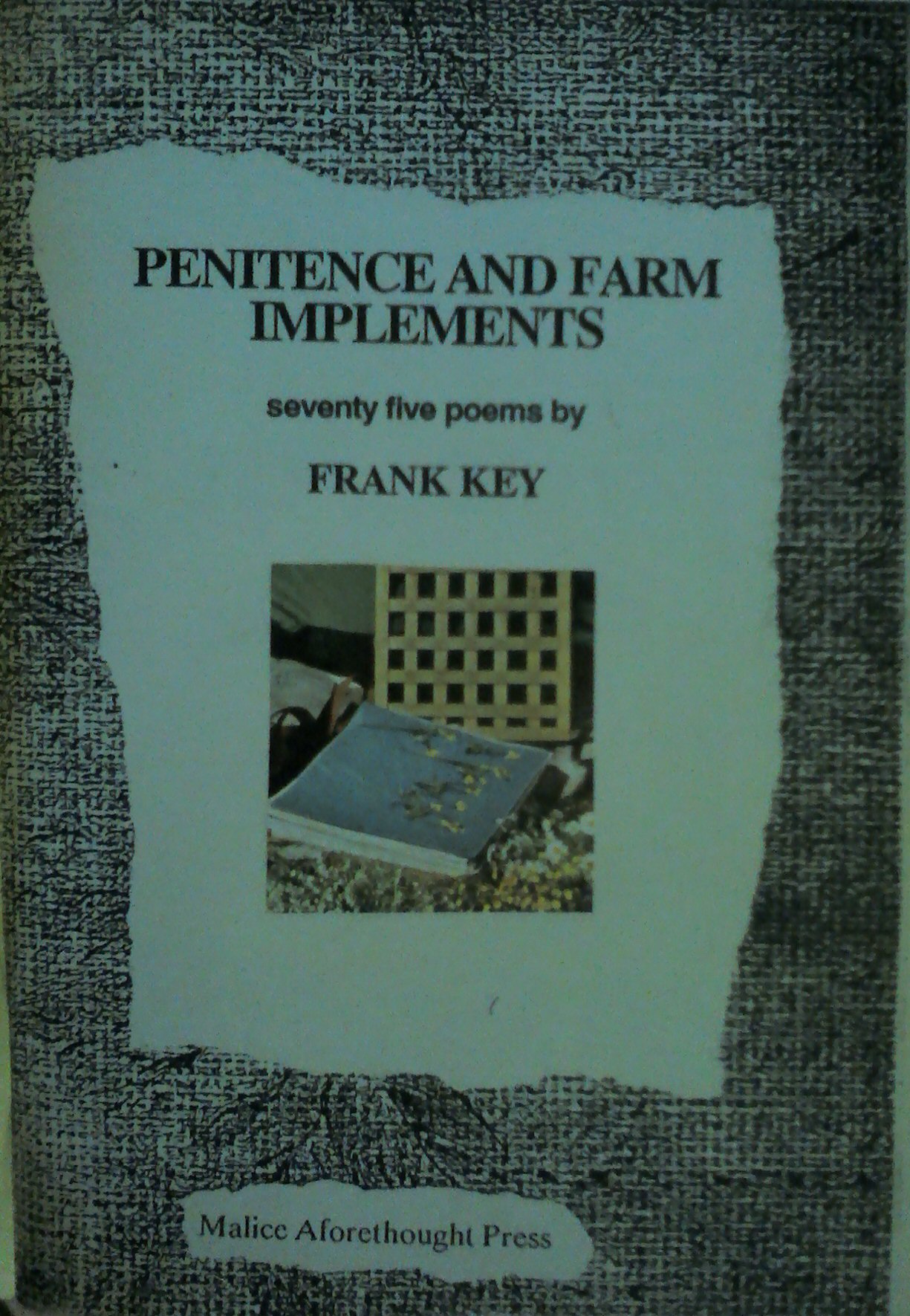Madge Strudwick, Madge Strudwick, where goest thou?
I’m going to the barn for to milk me a cow.
Madge Strudwick, Madge Strudwick, what will you do then?
I’ll read the hot entrails of a fresh-slaughtered hen.
After studying this verse for several hours, pupils are required to write a potted biography of Madge Strudwick, of no fewer than twenty thousand words, following her progress from the iron cot in the orphanage to a pauper’s grave, and taking in significant events in her life, including the appearance of milk teeth, theft of her breakfast porridge by bears, pole-vaulting competitions, airship disasters, the darning of a rent in her polka dot dress, ignominy and pelf, later further pelf, deployment of the Snodgrass implement, pantry etiquette, on her first looking into Chapman’s Homer, dreary rainy autumnal afternoons, the thing with the spatchcock, the encounter with a spider while sat on a tuffet eating curds and whey, what she really thought about curds, the pricking of her thumbs, dust in her boudoir, the agony in the garden, gardening tips, her reputation as a chatterbox, clown murder, shortcake recipes, planetary influences, chocolate swiss roll, gladioli, Choctaw lineage, speech impediment, holiday snapshots, filbert hedges, the pounding of those infernal drums, pictures of Jap girls in synthesis, collusion with vampires, baffling reappearance of milk teeth, sun worship, pet budgerigar, possible sighting on the grassy knoll on 22 November 1963, ribbons, melodrama, shoes, bus pass, library ticket, pippy bag, anaconda, hoop, shutters, antimacassar, nunnery, pincers, peg, tap, bedevilment, soot, soap, soup. Extra points will be given for pointy bits.






